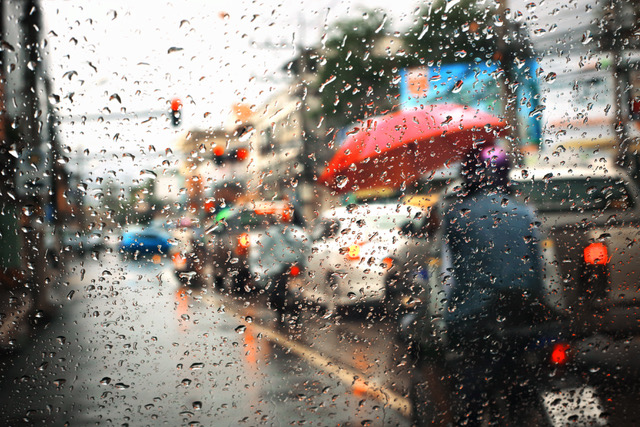Witnesses
The clock ticking. The birds singing and the sun shining after rain. Still cold for November and there’s a frog living under the porch. Its mournful bonk bonk comes on with the lights.
I looked after the kids on Monday, one of those rainy Mondays so resorting to the TV seemed part of the strategy. And then we had a day out of the November playbook, and we remembered what life could be like with the soft touch of warm air.
But now we’re back in almost Antarctica again and today the power went out for a couple of hours, and I realised that large parts of the state have been suffering so much. Far more than most, we just had no power. They had filthy flood water, everything smashed, and the awful doom of it all. All the broken hearts. All the sadness of loss. Natural disasters all around.
This week we’ve had a serious block of sickness. From my son and his wife. Tonsillitis and flu and yet Johnny has been perfectly fit, which is at least something.
Today I looked after Hazel. At two, her language is coming in a rush and I notice intonation first – the way we talk to each other as if meaning comes in through voice before words.
Through the ages:
In our family, we have a 94-year-old who is only now entering a nursing home. She is my husband’s mother and up until six months ago was living in her retirement unit on her own. And then as it always does, old age came along and changed everything. Her memory is being depleted, except for memories of being in an orphanage many years ago. She was there because her parents weren’t married. The scars of this are still visible. Anyone who thinks the world has not changed for the better in at least this one thing, is not looking.
There’s quiet in this long cold spell of weather. And this leads to reading. From ‘Independent People’ by Haldor Laxness, comes this: ‘A man who isn’t his own master is as bad as a man without a dog’. Who would be a dog in Iceland? But then there’s this, also from Laxness: ‘Birds are happier than people, it is their wings that make all the difference.’ Makes me think of the cold winter we’ve been through and what would have made us happier. Not that much. Food, no wars, no floods, kindness. Not wings I think, but fewer worries, covid, hospitals underperforming, not enough ambulances and fewer weird clusters of hit-runs on the roads that completely gut families.
To live to almost one hundred must be a burden and a relief. You’ve seen most things. You know your time is coming to an end and yet you still fret over the daily round of fears, versions of which have been there for so many years. The problems of where to live. Moving at 93 is so hard. And then there are people talking about you which they do because they worry, and worry is a desert of anxiety.
The other day, my daughter with her baby on her hip, was trying to help an elderly neighbour on his walking frame trying to get his unwieldy rubbish bin out. He was 95. She put the bin out on the street and then, somehow, turning, he fell. The baby, at two, was distraught but there was no one else so she yelled for help and a good Samaritan passing got the old fellow sitting. It turned out he’d broken many ribs.
My husband’s mother grew up in an orphanage and was so hungry she remembers picking up crusts to eat that others had thrown away. Finally, she was released to be with her mother. They moved in with her mother’s sister who never spoke to the child, as if her birth was her own fault. She got a job in the knitting mills and found lifelong friends and later, a marriage to a kind man who brought her breakfast in bed every morning.
Years of children running and injuring themselves and then freedom as they grew to be adults. Life is long and she walks a lot, always has. Though this seems a recommendation. I think genes are cast like foggy dust over us. My own parents died at 75. That seems long ago and for a while, I found it hard to see my husband’s mother because she was here, and my mother was not. And the pain of missing someone is like an axe.
Parents are a lottery that I could never say I won but usually, you love your own. I remember mum’s garden, the peppercorn tree, the giant monstera unfolding in the corner by the shed, painted deep blue over a couple of hot summer weekends when we painted until the cicadas called us to eat. Usually take-away Chinese with plenty of spring rolls. I remember little dagger-painted cuts all over me and my clothes. But I would not swap those days with mum. You remember the smell of paint and the clear sky. The other painters and mum laughing and then mum is gone. Life happens and unhappens and we are the witnesses until we are not.
Deborah Forster is the Melbourne journalist and author behind the Sunday Age column ‘This Life’. This is a revisiting of that column.

